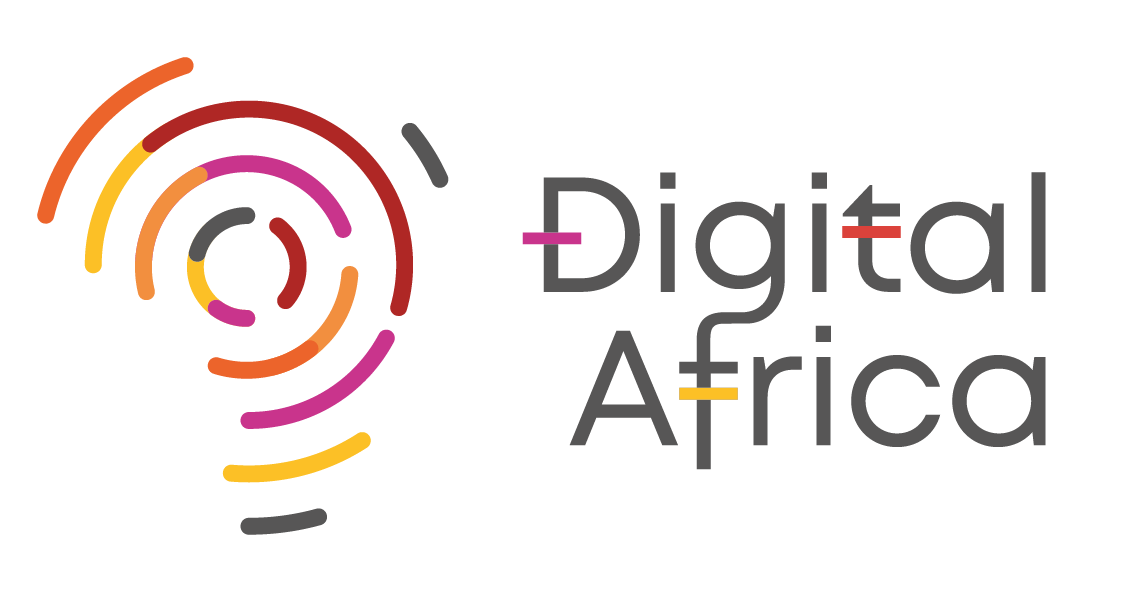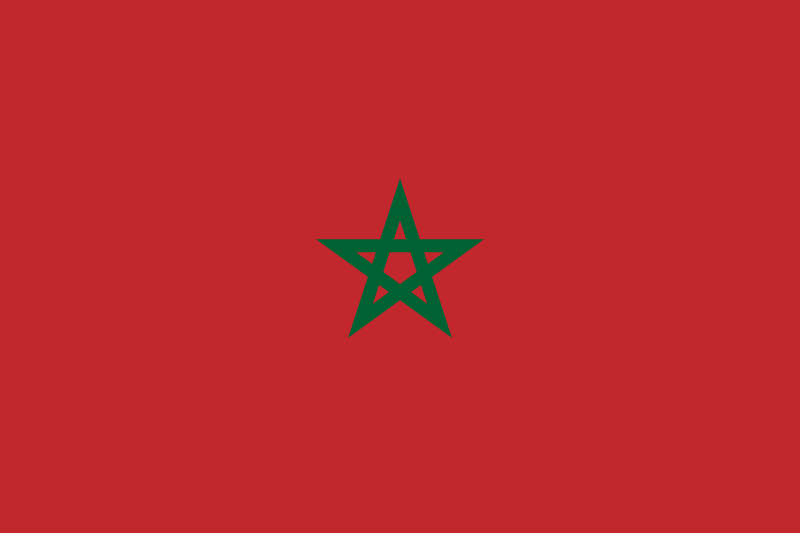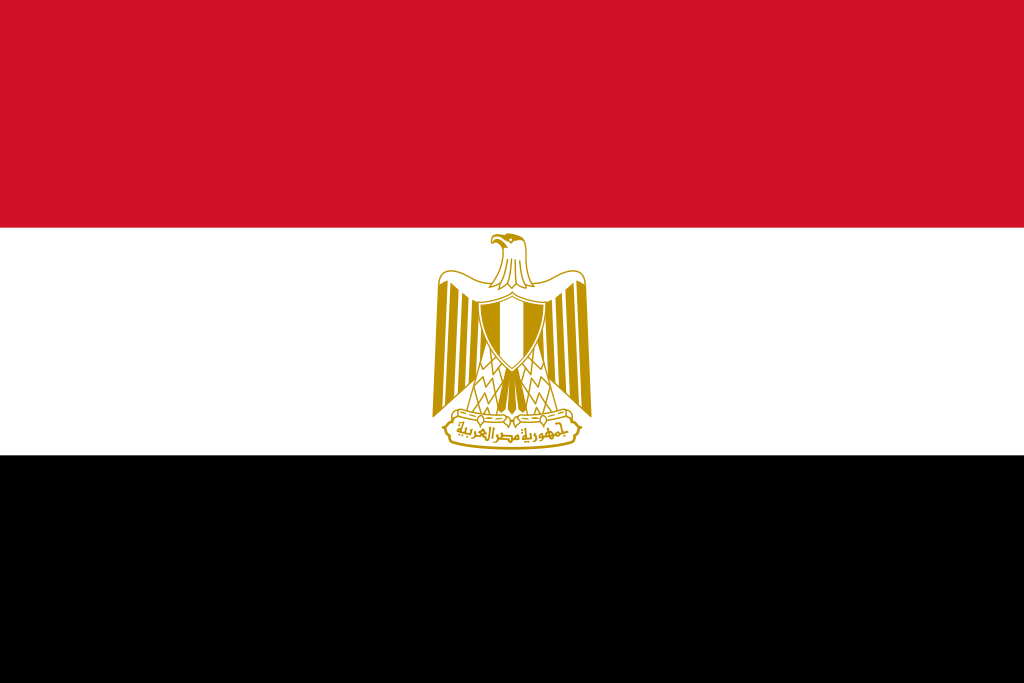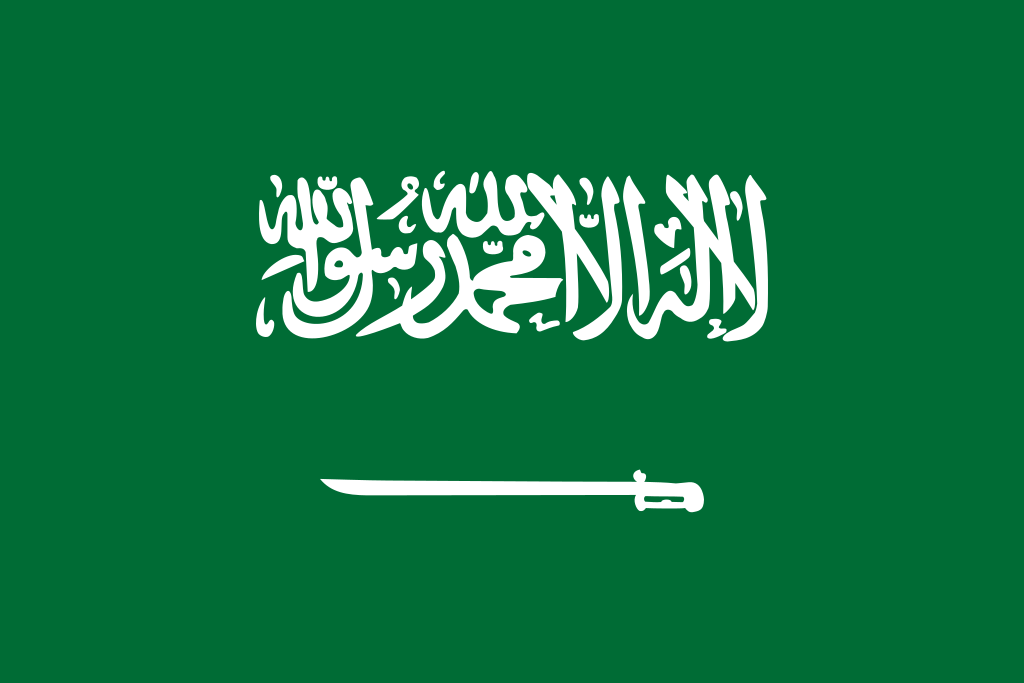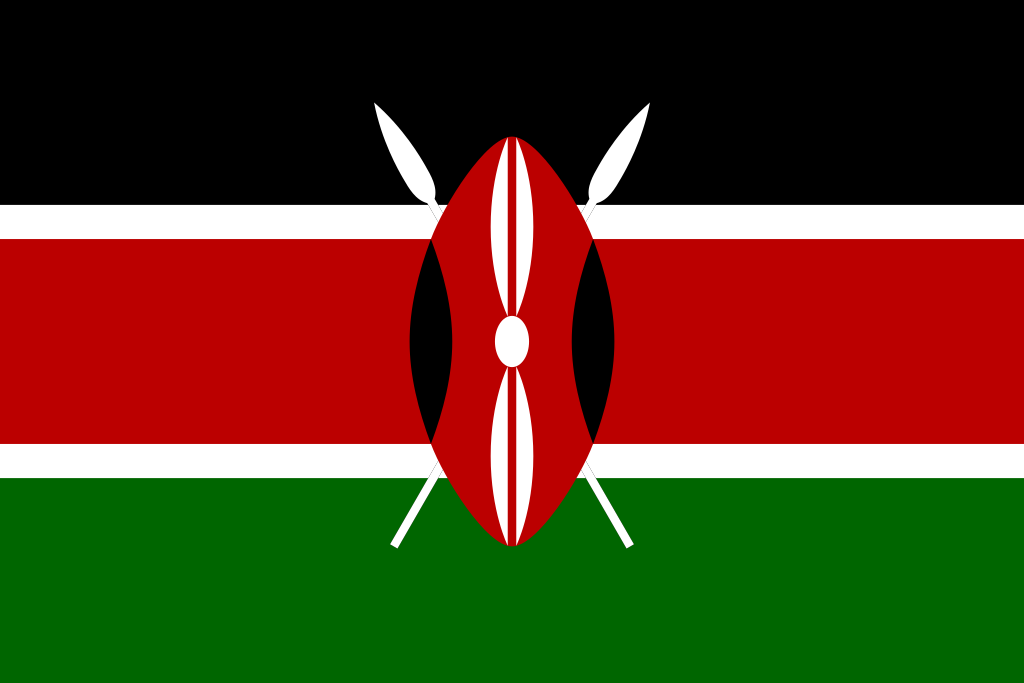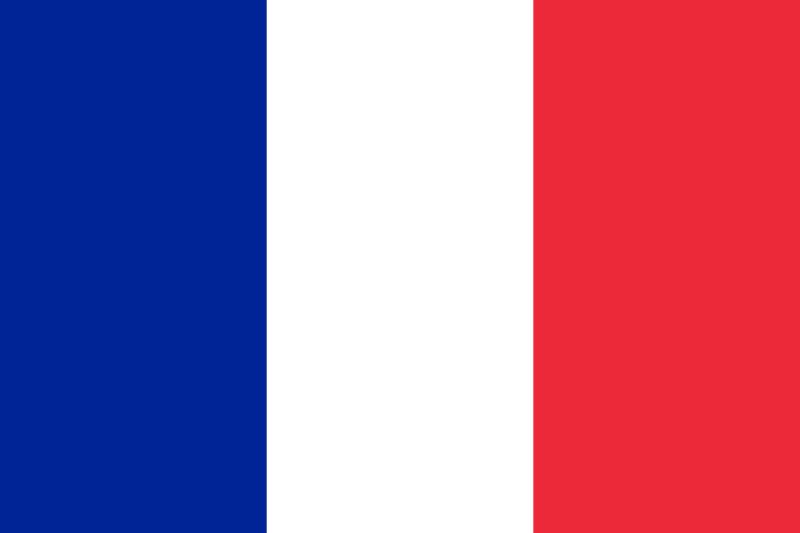Focus on the Moroccan ecosystem
Dynamics of the startup ecosystem in Morocco
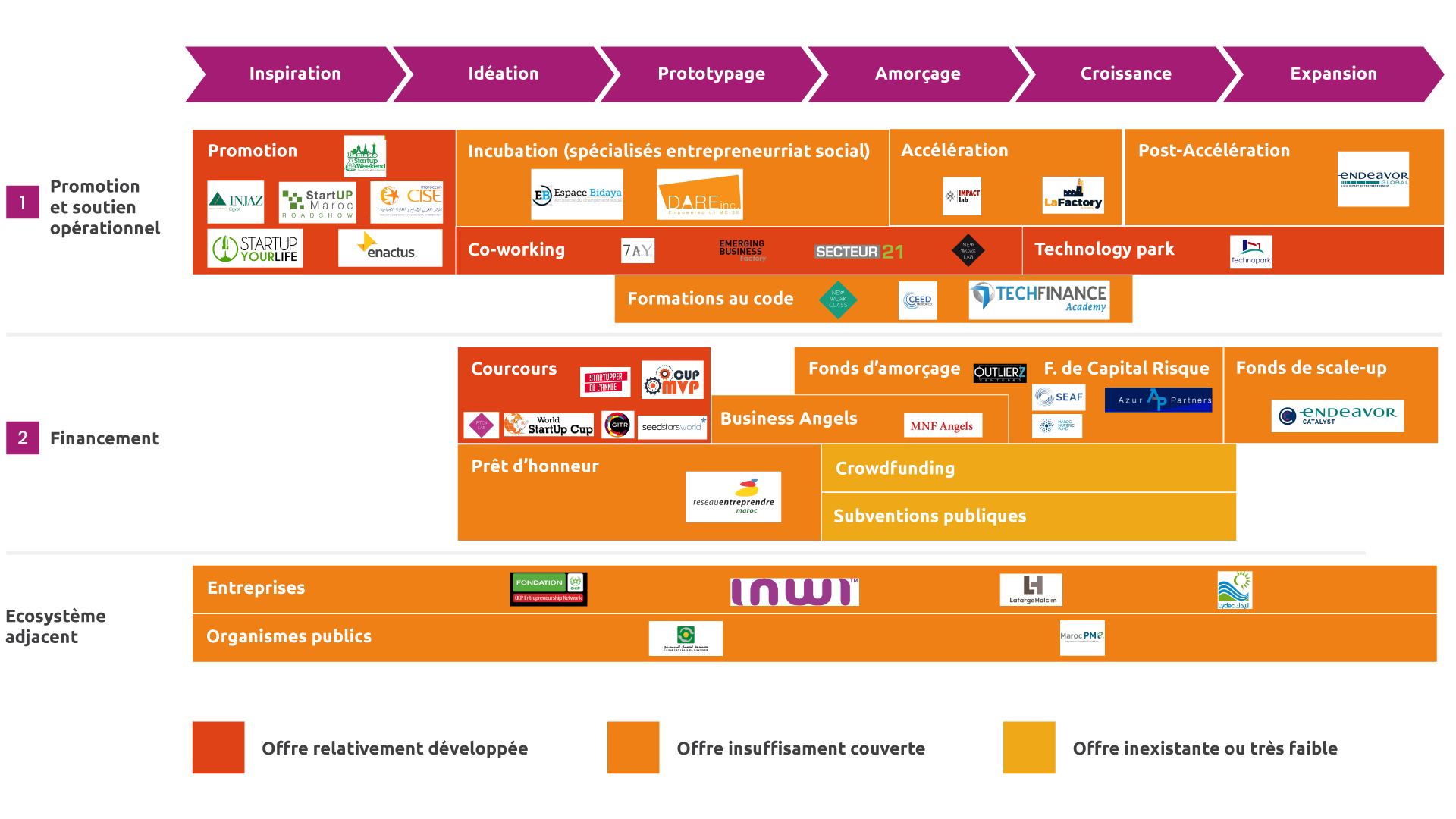
Morocco has adopted a strategic plan, Maroc Numérique 2020, aimed at making the country a leader in the Digital sector.
place Morocco in the top 3 MENA countries in the United Nations e-Gov ranking, halve the proportion of Moroccans without Internet access and increase the number of SMEs with a connection to 20%.

to become one of the three most successful countries in the MEA zone in terms of datacom infrastructure and IT business environment. Double the number of digital professionals trained each year in Morocco, to reach 30,000 training courses per year by 2020.

achieve an offshoring growth rate of 5 to 10% per year, becoming the first digital hub in French-speaking Africa and the second in Africa.
In addition, Moroccan society has seen a strong penetration of new technologies, particularly through mobile phones.
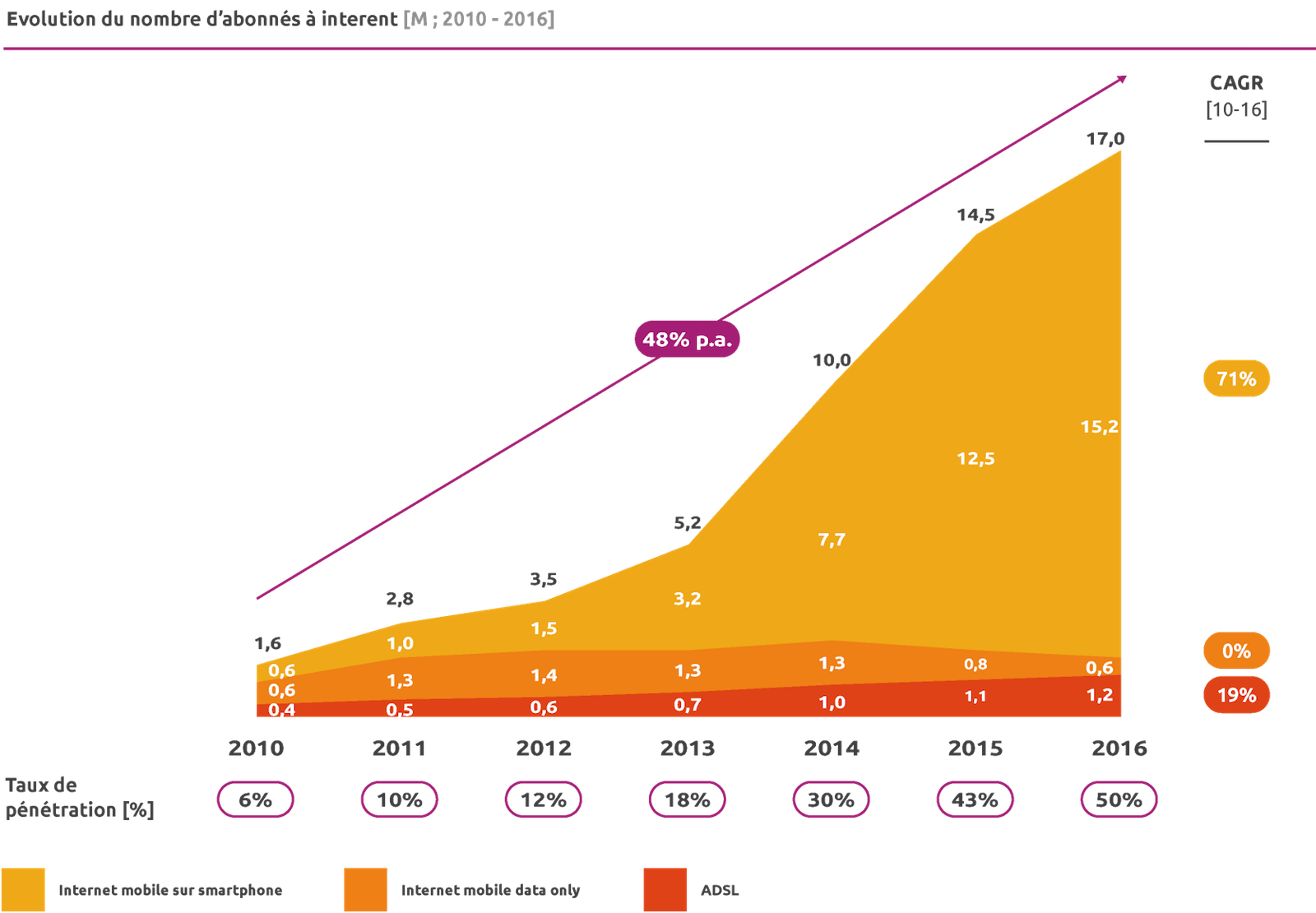
While the number of startups identified in Morocco is growing strongly, it is still below that of many comparable countries.
Comparison of the number of startups between different countries 2015
- 8
- 25
- 12
- 34
- 34
- 38
-
Entrepreneurship is not considered an attractive career option for most Moroccan students who far prefer to work as employees.
-
IT engineers from high-level training courses are in high demand by “mature” companies and are less inclined to take the risk of creating a startup.
Supports innovation and entrepreneurship
The operational support offer for startups is particularly low, limited to two social incubators and one accelerator.
Startup financing
remain very limited; apart from financing and an offer of equity loans subject to strong competition, only one venture capital fund is active in Morocco (a new seed capital fund was launched in January 2017).

and crowdfunding platforms are also struggling to develop, particularly because of dissuasive regulatory barriers and investors’ lack of enthusiasm for startups.
Infrastructure and services
is very little driven by large companies.

one of the main supporters of the ecosystem, poses a significant threat.

